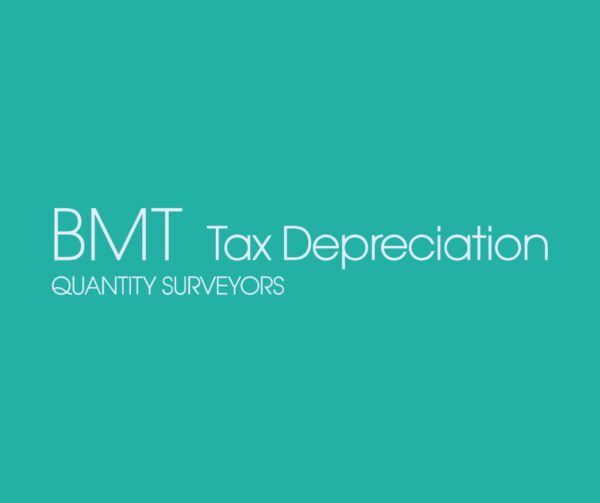Do you ever wonder why we avoid holding each other accountable at work—or when we do, we tend to apologise for it?
Here’s an example: “I’m sorry, I know you’re super busy, but do you have XYZ?”
Sound familiar?
The reality is most of us like to sugarcoat things and make things seem less important than they are, even when we know we’re in the right and only doing our job.
But without accountability, teams often fall down, culture lacks cohesion and productivity and performance drop. That’s why it’s important for teams to work together to shift this mindset.
So what do we need to do to feel more confident in calling colleagues out?
What is accountability?
Let’s start with the basics. What exactly do we mean by accountability?
Accountability refers to the obligation of individuals or organisations to take responsibility for their actions, decisions, and outcomes. It involves being answerable for one’s actions and decisions, both to oneself and others.
Accountability can be both internal and external, with individuals or organisations being held accountable by themselves, their peers, their managers, or external entities such as regulatory bodies or the public.
Here we’re talking about peers or colleagues, which can be one of the trickiest!
Understanding the accountability struggle
The question is why is it so tricky? Why do we struggle so much to hold colleagues accountable?
Here are some of the most common reasons:
- Fear of conflict – No one likes confrontation or conflict, and holding someone accountable may involve a difficult conversation that could lead to it. This fear can prevent people from addressing issues with their colleagues.
- Lack of authority – In some cases, people may not feel they have the authority or power to hold their colleagues accountable, particularly if they are at the same level or lower in the organisational hierarchy.
- Unclear expectations – If expectations and goals are not clearly defined or communicated, holding colleagues accountable for not meeting them can be difficult.
- Lack of trust – Trust is a crucial component of accountability. If there’s a lack of trust between colleagues or within your organisation, people may be hesitant to hold each other accountable for fear of damaging the relationship.
- Culture of avoidance – In some workplace cultures, holding colleagues accountable may not be the norm. If your culture is one where problems are ignored or swept under the rug, it can be difficult for individuals to break from this pattern and hold their colleagues accountable.
- Perception of being a ‘snitch’ – In some cases, people may fear being perceived as a ‘snitch’, ‘tattletale’ or ‘micro manager’ if they call out or report a colleague’s poor performance or behaviour.
- Lack of consequences – If there are no real consequences for poor performance or behaviour, people may feel there’s no point in holding their colleagues accountable.
How to hold others accountable
Holding colleagues accountable can certainly be challenging, but it really is important for creating a productive and healthy workplace environment.
In fact, it’s impossible to develop a high-performing team when there’s a lack of accountability. But how can we make it the norm?
The crux of successfully holding colleagues accountable at an individual level is confidence. Overcoming this demands a shift in mindset and the right approach.
Here are some tips and tricks we’ve developed to help you feel confident in holding colleagues accountable:
- Reflect on your behaviour – Are you holding yourself accountable? If others see you holding yourself accountable, it sets the tone for others to do the same. It also shows integrity and can strengthen relationships.
- Be clear – If you fail to plan, you’ll plan to fail. Avoid this by being clear on your expectations from the beginning and ensuring you have specific examples and facts against which you’re holding them accountable.
- Have good intentions – Accountability shouldn’t be focused on embarrassing your colleagues or calling them out in front of their manager in the wrong ways. Instead, shift your approach to closing the loop on a task or project.
- Consider your tone – You’re holding people accountable, not accusing, so make sure you use a constructive and respectful tone. This means avoiding confrontational or aggressive language and being firm yet supportive.
- Reframe your feedback – Turn an assuming statement into a posing question. For example, instead of saying, “You did XYZ task wrong”, ask, “Can we chat through your thinking around completing XYZ task?”
Your organisation can help by providing clear expectations, building trust, and creating a culture that encourages accountability and puts consequences for poor behaviour in place.
Ready to ace that accountability?
Holding our colleagues accountable isn’t something that we naturally feel comfortable doing. But hopefully, these insights and ideas will help you approach these difficult conversations with clear and less awkward and apologetic conviction.




